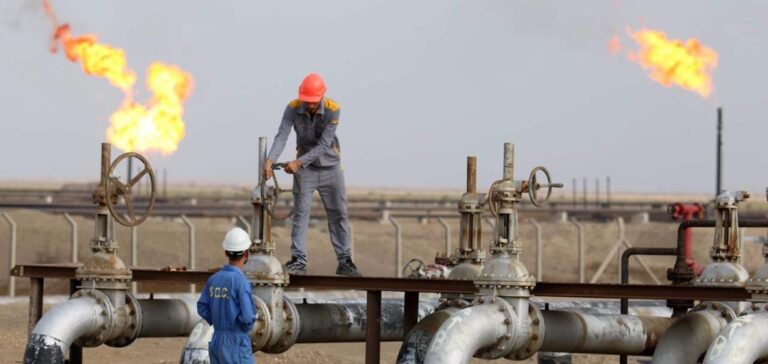Algeria’s public electricity and gas company, Sonelgaz, will invest DZD656bn ($4.94bn) in 2025, according to its Chief Executive Officer Mourad Adjal. The announcement, reported by Agence de presse algérienne (APS) on May 19, marks a significant 56% increase from the DZD420bn ($3.16bn) invested in 2024.
The plan primarily aims to boost national electricity production capacity while improving service quality. It includes connecting new industrial zones, desalination plants, remote regions and agricultural operations to the national grid. The project also covers the deployment of carbon monoxide detection systems in relevant facilities and the initiation of renewable energy-related projects.
International expansion targets
Sonelgaz seeks to accelerate the opening of its international markets. In 2024, the company recorded a record $303mn in electricity export revenues, up 22% from 2023. These exports include power deliveries to Tunisia, along with sales of domestically produced electrical equipment and technical services abroad.
Agreements have been signed with several West African partners to develop electrical interconnections. In addition, Sonelgaz is cooperating with Italy’s Eni on a submarine cable project linking Algeria to Italy. “We want to expand our exports to European and African countries within two to three years,” said Mourad Adjal, quoted by APS.
Balancing domestic growth and regional push
Sonelgaz’s strategy is based on a dual objective: strengthening domestic electricity coverage while consolidating its role as a regional supplier. The planned investments are intended to support this ambition through infrastructure upgrades and commercial diversification.
The announced momentum comes as several African countries seek to secure their electricity supplies, and cross-border connections become an increasingly strategic priority. The partnership with Eni could, according to Algerian authorities, act as a lever for Euro-Mediterranean energy integration.






















